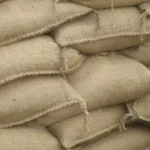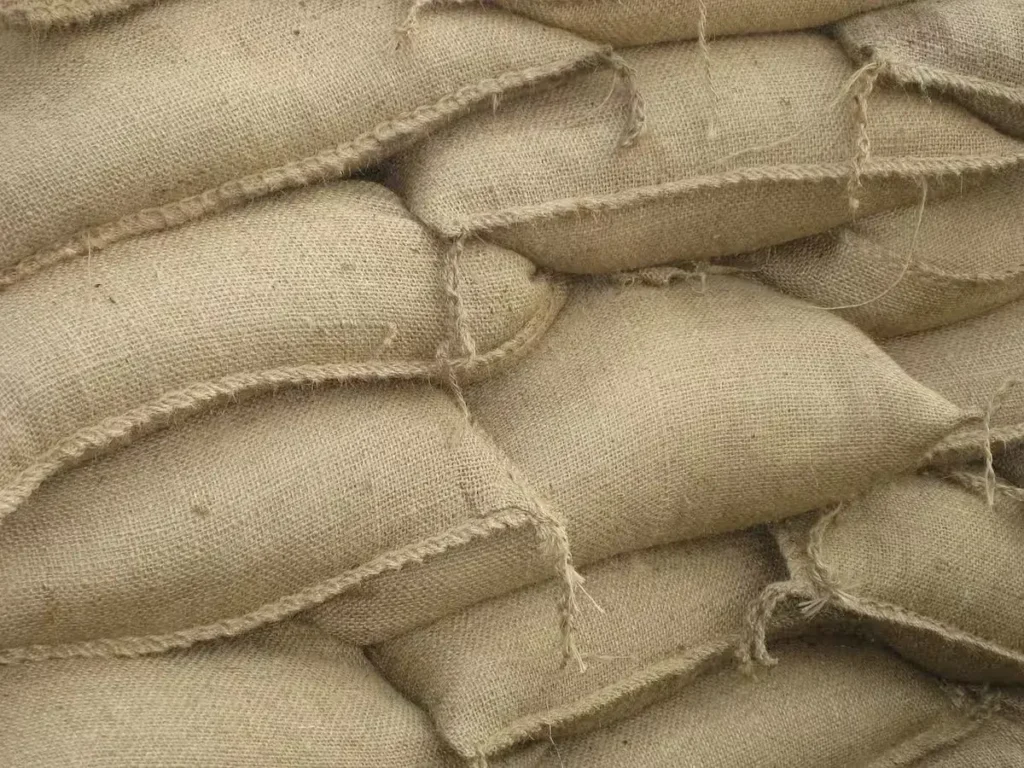ArdorComm News Network
December 12, 2023
Indian government has given its nod for the mandatory packaging of 100% of food grains and 20% of sugar in diversified jute bags for the Jute Year 2023-24. This decision aligns with the government’s commitment to the Aatmanirbhar Bharat (Self-Reliant India) initiative.
The reservation norms outlined in the proposal aim to safeguard the interests of domestic raw jute production and jute packaging material within India. By enforcing these norms, the government seeks to enhance self-reliance in line with the Aatmanirbhar Bharat vision.
Approximately 65% of the raw jute produced in the country was consumed for packaging purposes in the previous fiscal year (2022-23). The implementation of the Jute Packaging Materials (JPM) Act is expected to provide relief to 4 lakh workers employed in jute mills and ancillary units, supporting the livelihoods of around 40 lakh farm families. Additionally, the move is anticipated to contribute to environmental conservation, given that jute is a natural, biodegradable, renewable, and reusable fiber, meeting essential sustainability criteria.
The Jute industry holds a vital position in India’s national economy, particularly in the Eastern Region, including West Bengal, Bihar, Odisha, Assam, Tripura, Meghalaya, Andhra Pradesh, and Telangana. The industry plays a crucial role in providing direct employment to 4 lakh workers and supporting 40 lakh farmers through the reservations norms established under the JPM Act of 1987.
Jute Sacking Bags constitute 75% of the total production of the Jute Industry, with 85% of these bags supplied to the Food Corporation of India (FCI) and State Procurement Agencies (SPAs). The remaining portion is either exported or sold directly. The government’s annual purchase of Jute sacking bags, valued at approximately Rs. 12,000 crore, ensures a guaranteed market for Jute farmers and workers.
With an average production of about 30 lakh bales (9 lakh MT) of Jute Sacking Bags, the government is committed to the complete off-take of the production to protect the interests of Jute farmers, workers, and stakeholders in the Jute Industry.


